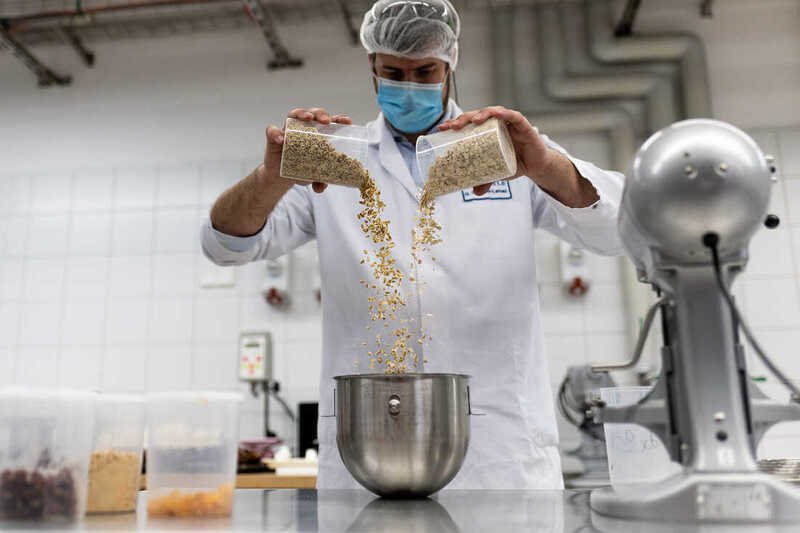Tate & Lyle sees resilient performance and strategic progress in latest statement


Food scientist combining ingredients.
Tate & Lyle’s chief executive, Nick Hampton, said the business has delivered resilient performance in challenging market conditions.
In Food & Beverage Solutions, volume and revenue were lower than the comparative period. The CEO noted this was due to a combination of softer consumer demand and customer de-stocking, reduced inflation pass through, and some customers phasing orders into the fourth quarter when new calendar year contracts, which included the pass through of input cost deflation, came into effect. Sucralose delivered an improved performance.
“The renewal of customer contracts for the 2024 calendar year is expected to deliver a sequential improvement in volume growth as the year progresses,” Hampton said. “Reflecting this, and the phasing of some customer orders from December, we saw good volume growth in January.”
Customers continue to recognise the benefits of our solutions capabilities across sweetening, mouthfeel and fortification, and we remain committed to our strategy of increasing investment in both solution selling and innovation.
New Products from the innovation pipeline grew strongly, delivering double-digit revenue growth on a like-for-like basis in the first three quarters of the financial year.
“The strategic repositioning of Tate & Lyle to focus on speciality food ingredients, and the investments we have made to strengthen our ingredient portfolio and solutions expertise, have positioned us well to benefit from the long-term trends towards healthier, tastier and more sustainable food and drink,” Hampton concluded.
For its outlook, Tate & Lyle expects to deliver revenue slightly lower than the prior year; growth will be unchanged at 7% to 9%. Stronger profits are expected from its minority holding in Primient, an American subsidiary of Tate & Lyle that produces a range of starch products for various industries such as food.
Related content
Source: foodanddrinktechnology.com

